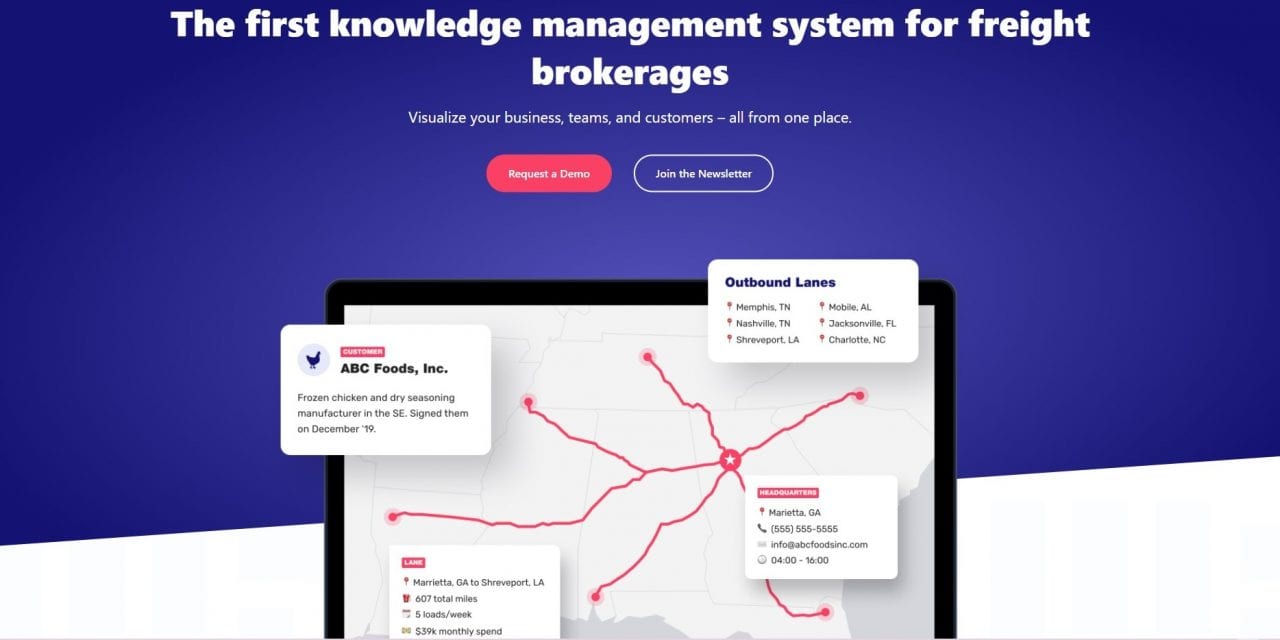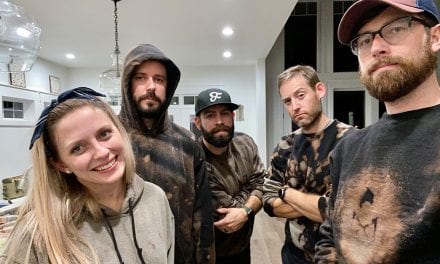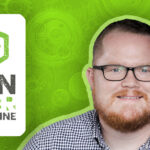The precious commodity of workforce experience is often acquired as a result of years of work within a company. If an employee leaves the company, a stockpile of systems knowledge and resources follow the worker. What is more, it is possible that many of the hidden processes, system hacks and tricks that the worker knew or devised during their time on the job—may be lost for good to his former employers.
Software-as-a-Service (Saas) startup Terralanes wants to preserve that knowledge gained within the company for the logistics industry, and make sure that the benefits earned by experience don’t have to be hard-earned for every member of an organization. Co-founder John Oates studied logistics, materials, and supply chain management at The University of Tennessee, Knoxville. Out of college, he got hired to work for a logistics company in Memphis, which he did for three years before moving to Nashville to work as an account executive for another freight brokerage and ultimately a freight tech startup unicorn. During his time selling software and hardware for the latter, he developed his own idea for a software company that handled the large amounts of esoteric information those in logistics are expected to retain. This information is known as “tribal knowledge,” and it’s the kind of learning that is earned through mistakes and years of practice, instead of being widely shared in corporate messages or on-the-job training.

He tells Launch Engine that he could feel his enthusiasm for the job waning, as he didn’t like the notion of working from home during the pandemic. Preferring to “be in the trenches” with his co-workers, John wanted to do something that would let him be more creative during the COVID era. He explains, “I kind of ran it by 40 people in different conversations. And once I had enough input… I took a two-week vacation to gather my thoughts, and told my boss I was going to quit when I got back
In August 2020, John formed Terralanes with his two co-founders Parker Hodges and his brother Jerry Oates. John says that he put together a simple pitch deck for what Terralanes could be, which was well-received because of how different Terralanes is from other companies.
But what makes Terralanes different? John explains that the company was originally conceived as a logistics-specific customer relationship management (CRM) tool, but it has become a Knowledge Management System (KMS) in order to differentiate itself from existing providers as well as to carve out a niche. Not simply a means of managing the customer’s needs or a Transportation Management Systems (TMS), John tells Launch Engine that, to his knowledge, the KMS system he’s created is a totally new concept for logistics. He sees Terralanes as “an entirely new vertical of technology for the industry.”
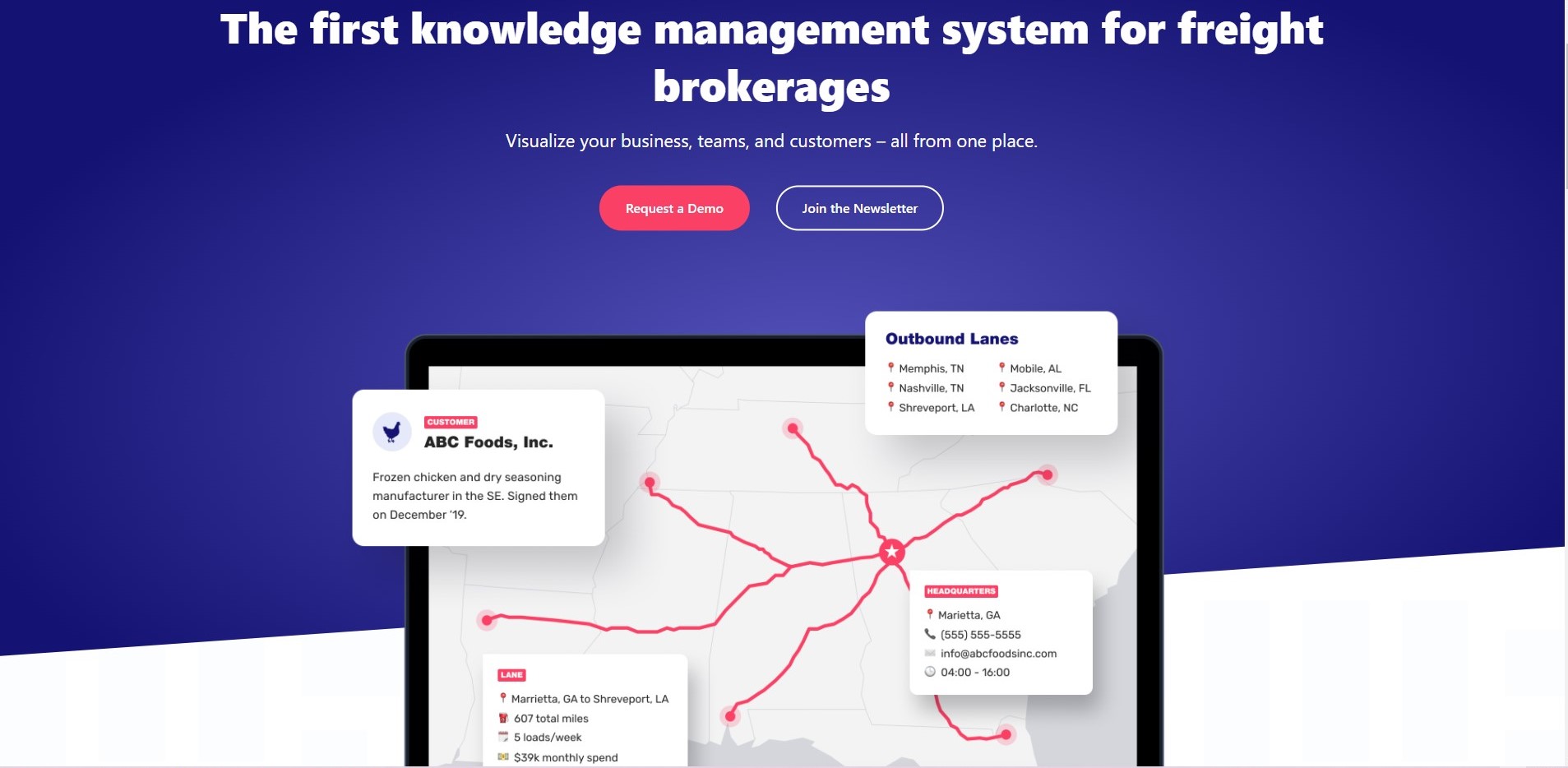
“We’re immediately… different, and people can see that on, you know, the slide deck that I have, and also in the demos we’re doing… [There’s been] pretty unbelievable feedback,” John says.
John says that the Terralanes software is scheduled to be in beta testing by February 2021. He expresses that there’s a definite demand for the Terralanes software, and that the company is looking to hire the right personnel to develop and update the software faster.
In its current state as a minimum viable product (MVP), John says that about half of the people demoing Terralanes would pay for the software as it is. With the time between beta and launch this spring, John is confident that he can boost the number of people pleased with the software demos even higher.

“All of your systems, all of the knowledge and cohesiveness of the group is extremely important in this industry because turnover is actually super high,” John says. Being a KMS, Terralanes wants to help companies combat talent loss by serving as a repository of information and experience gathered by seasoned employees.
Using the example of hypothetical employees, John explains, “Because of our system, we can basically download and digitize Jeff’s brain, and then give it to Matt and Mike as soon as you hire them.” John continues, “Take hours of shadowing—weeks of shadowing—and years to reach maturity. And give them that knowledge and information in minutes.”
Some businesses are anticipating a change in operation due to technologies spawned by the pandemic or different practices being adapted. For John, the appeal of Terralanes doesn’t really get influenced by COVID-19 that much, since the startup wants to solve an older problem. He does point out that the logistics industry relies heavily on people being in the office.
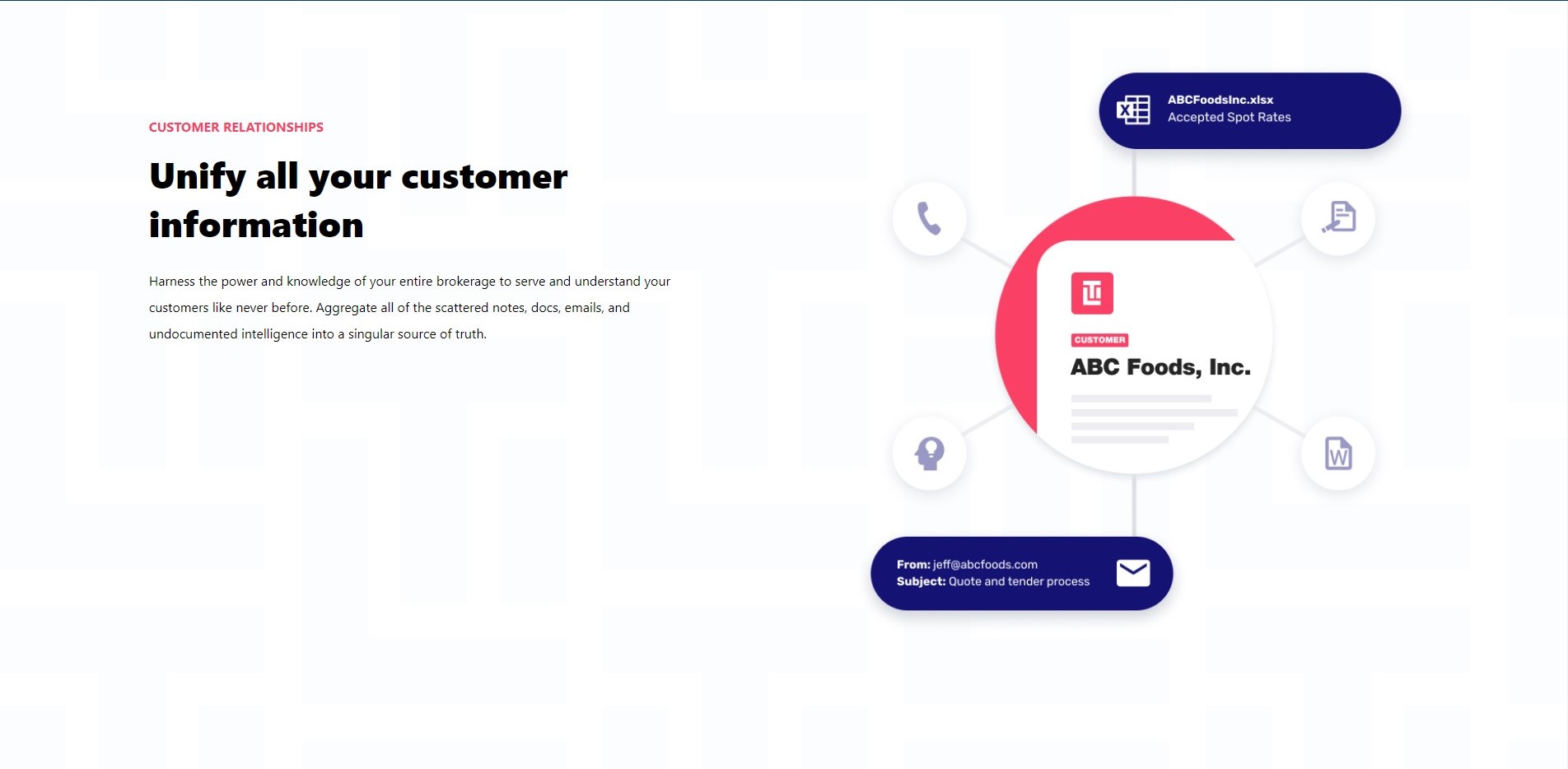
John says, “Because logistics is so boots-on-the-ground, kind of blue collar work… from the shipping side and the receiving side, you have to have people in the warehouse. You have to have people, you know, moving the truck, driving the truck. You have to have people picking and packing all the loads, and things like that. On the service side, on the customers that we’re working with, yeah. I mean, they’re… either working from home, or some kind of hybrid model right now. The kind of industry that we’re in is very similar to a stock brokerage. Where you can imagine “The Wolf of Wall Street,” like there’s a 1,000 people on the phone and you’re constantly wheeling and dealing, and all that kind of stuff. You really depend on and thrive in an in-person atmosphere, because you need that information. [The] communication happens so fast… Our product definitely helps in a COVID-era. But it’s also going to be extremely valuable once you’re back in the office.”
For the startup, spring will be all about the launch of the software, making sure the wrinkles are smoothed out, and retaining and growing the customer base. John says that he’s already working on some pretty promising updates for the software, and hopes to have monthly updates for Terralanes users.
For further information about Terralanes, be sure to visit their website and social media.


